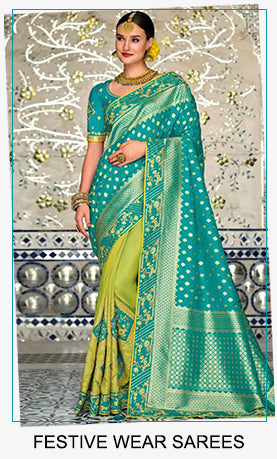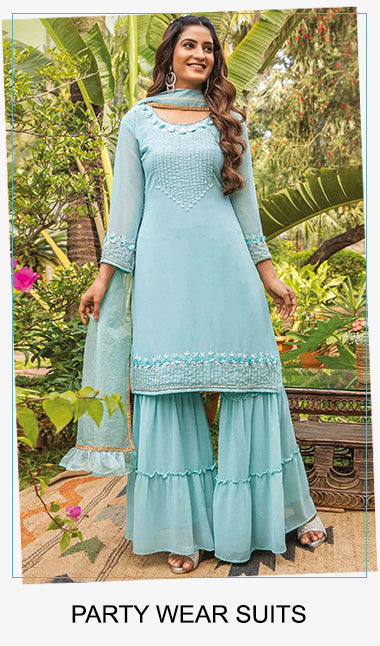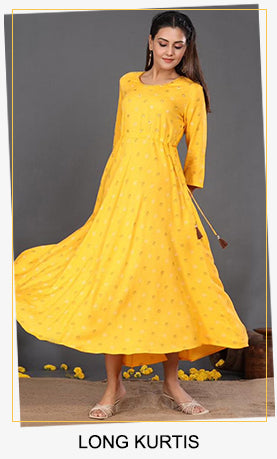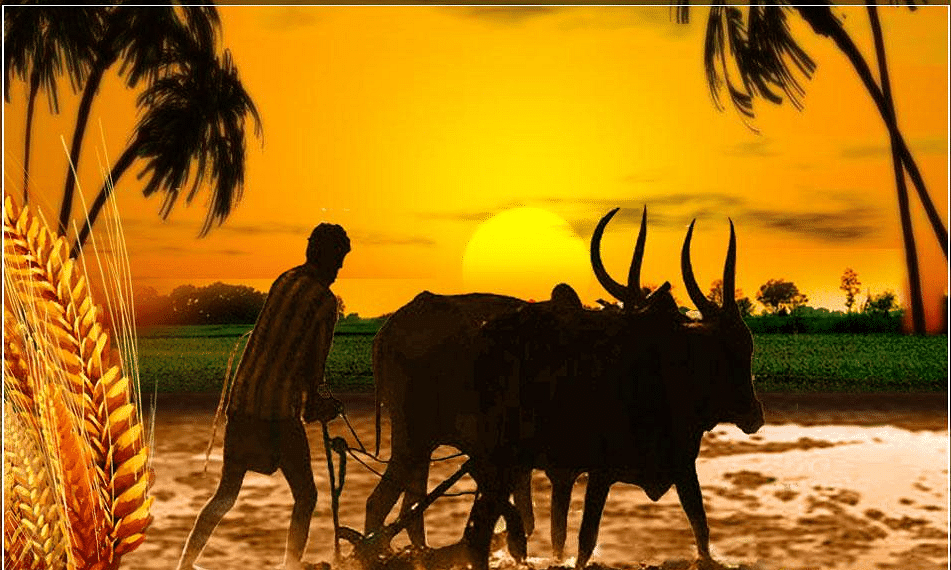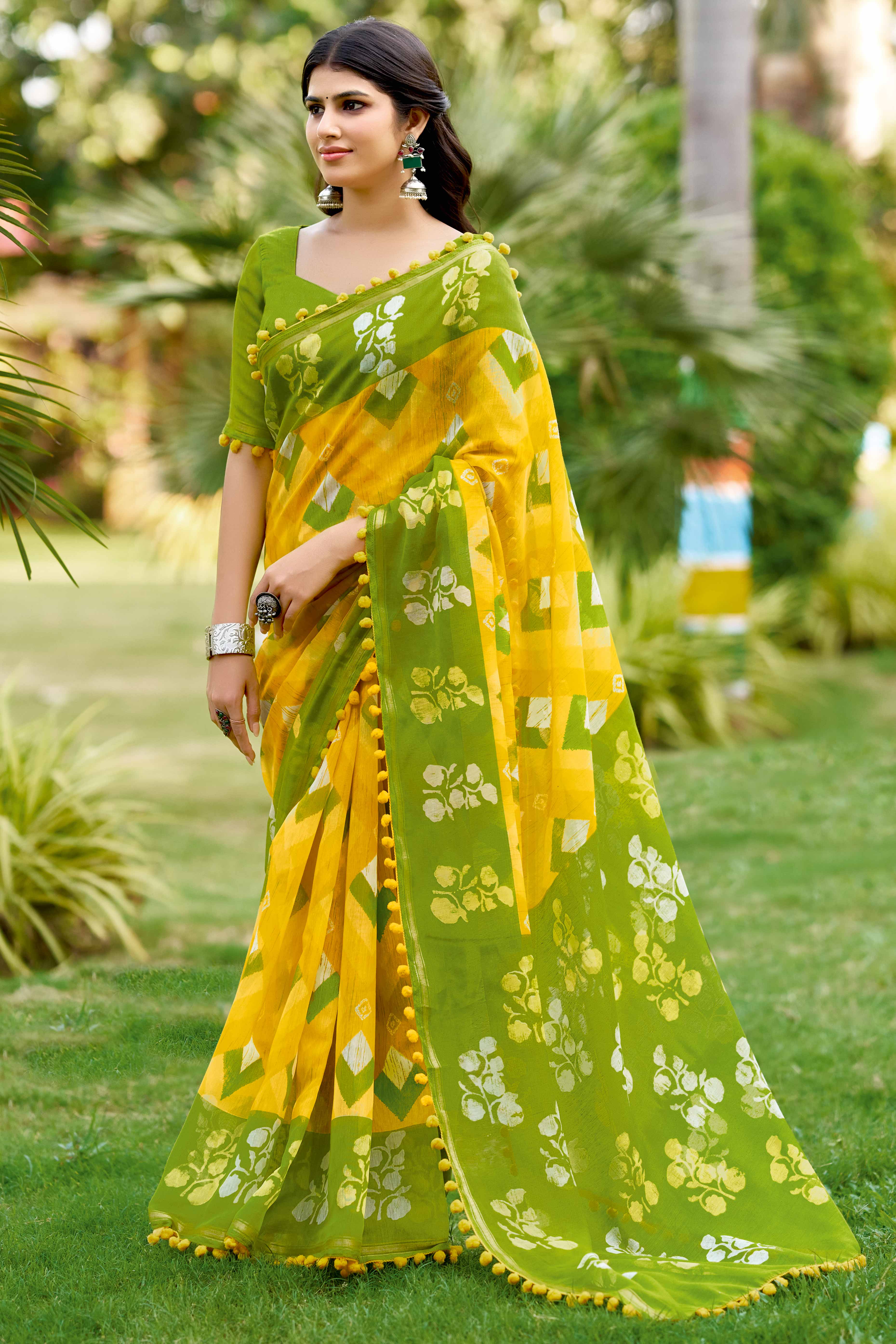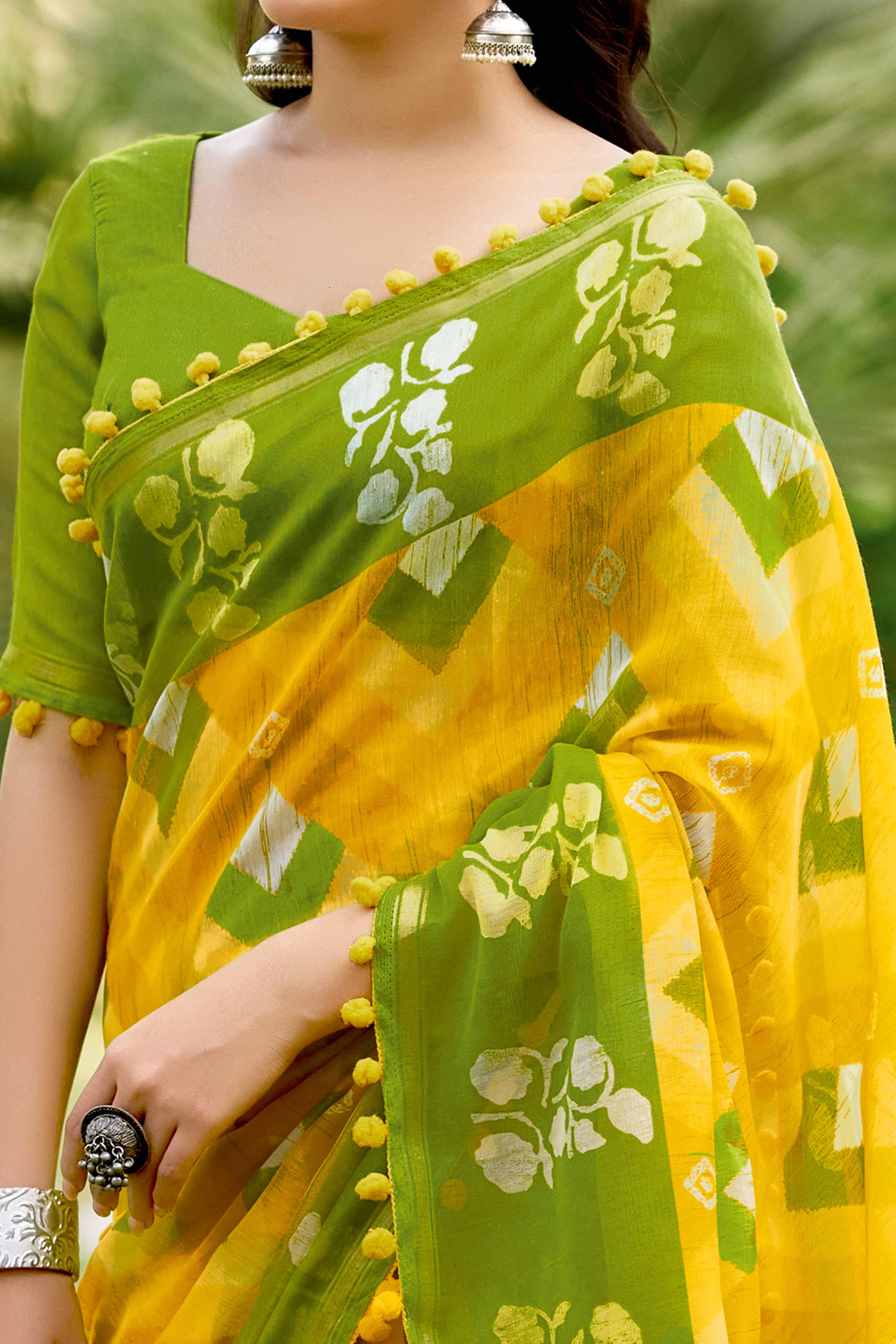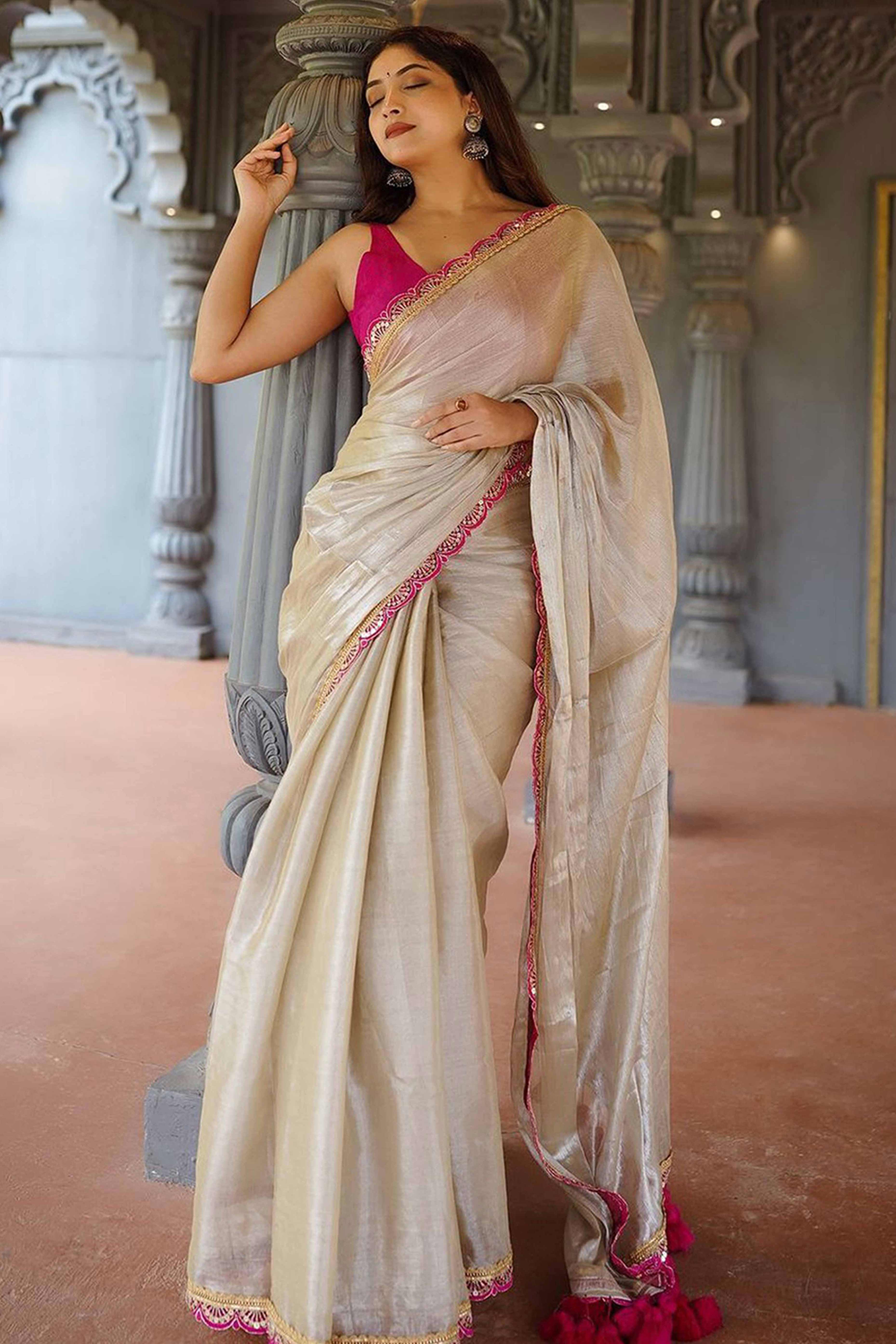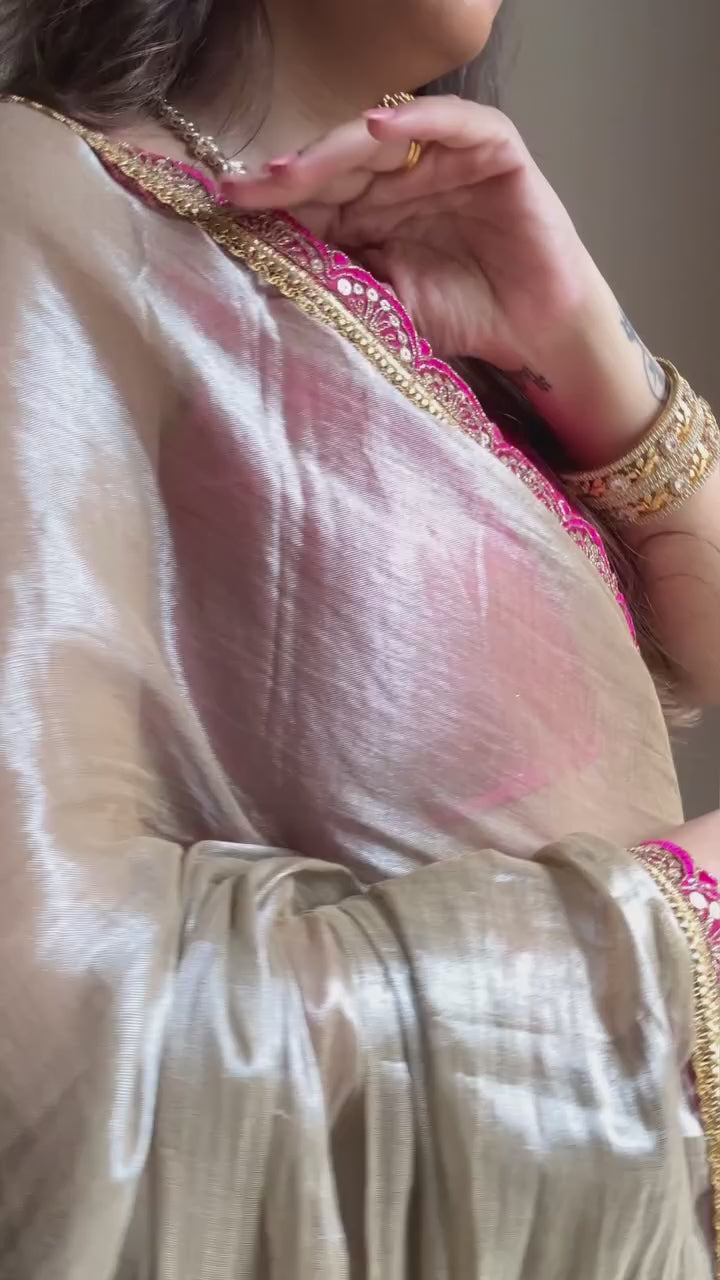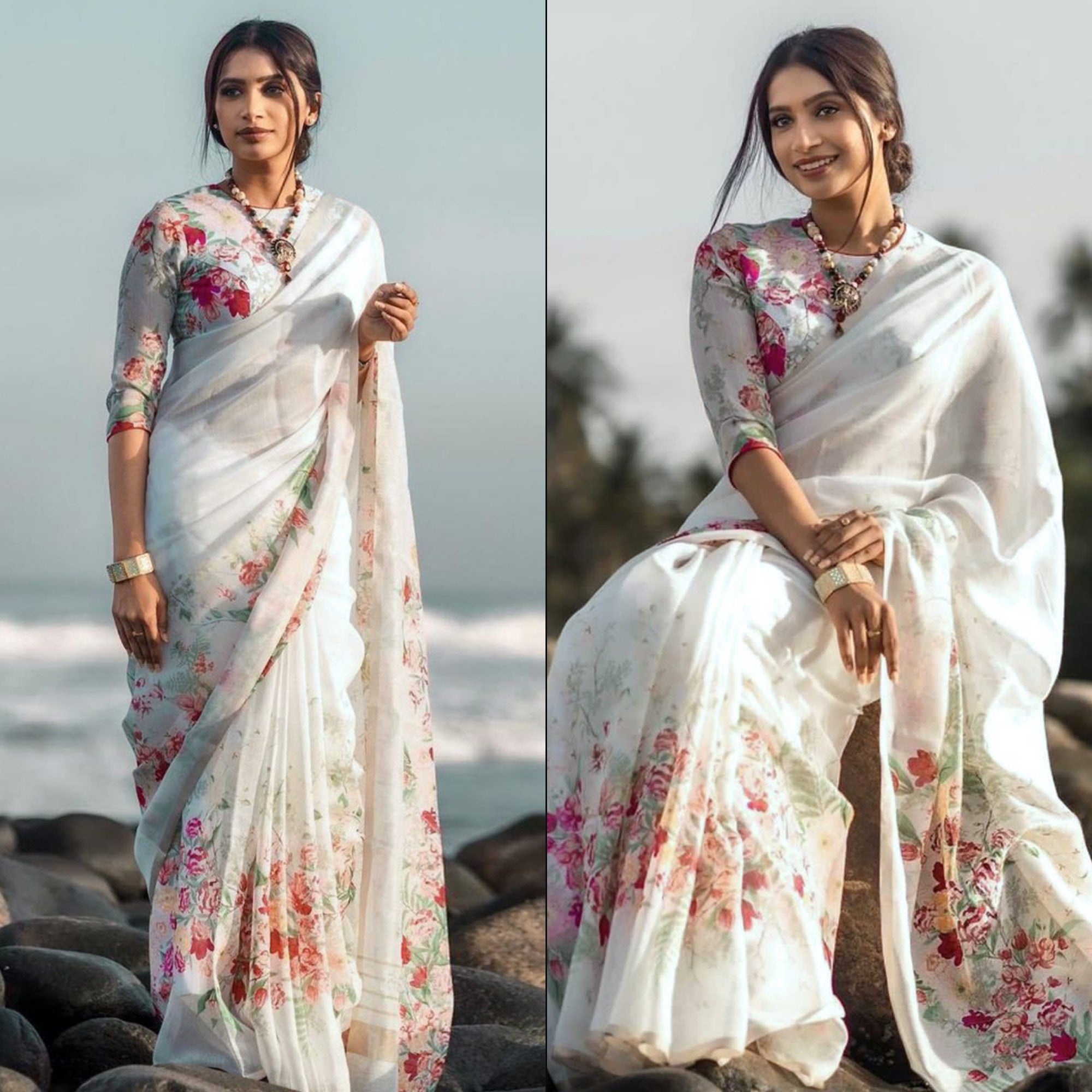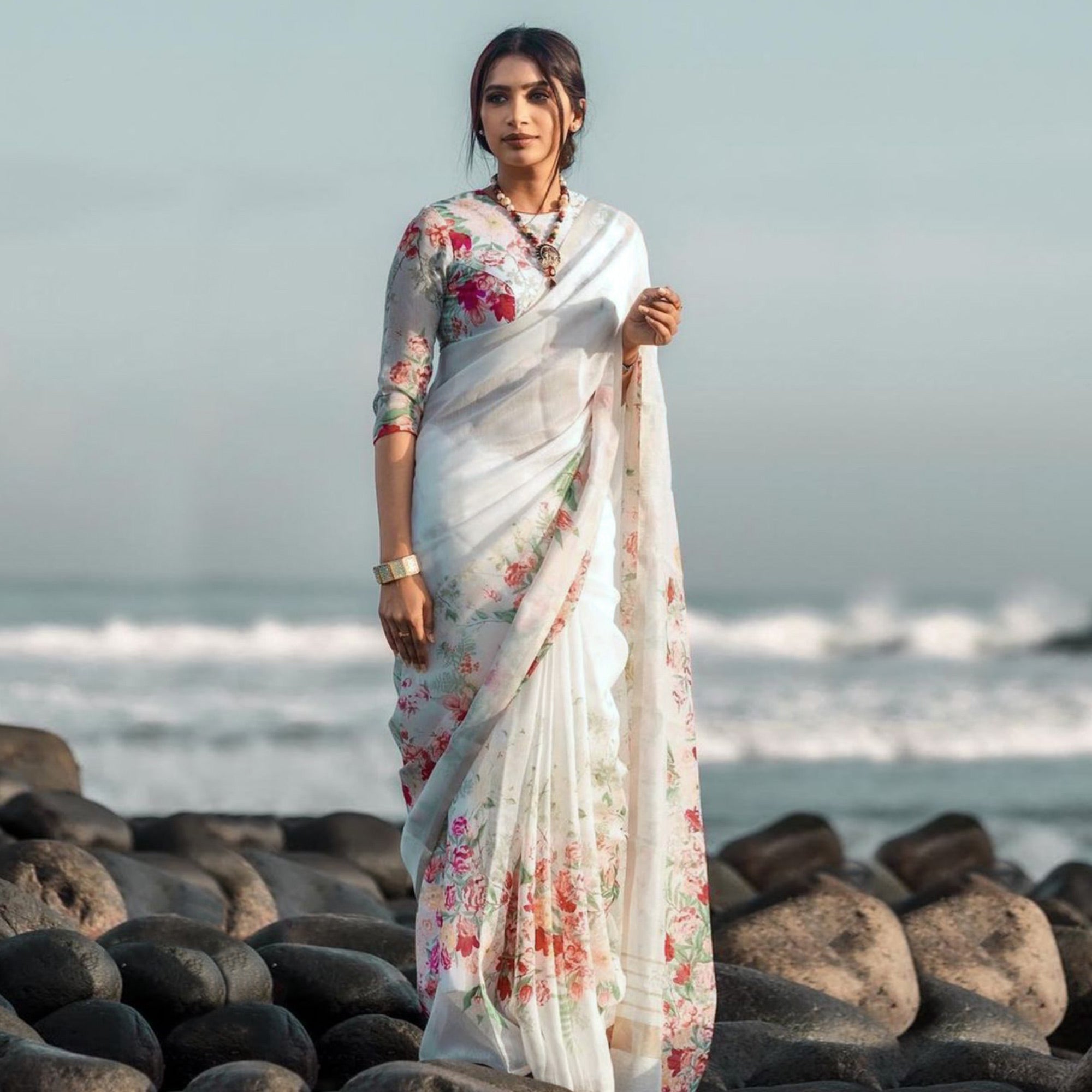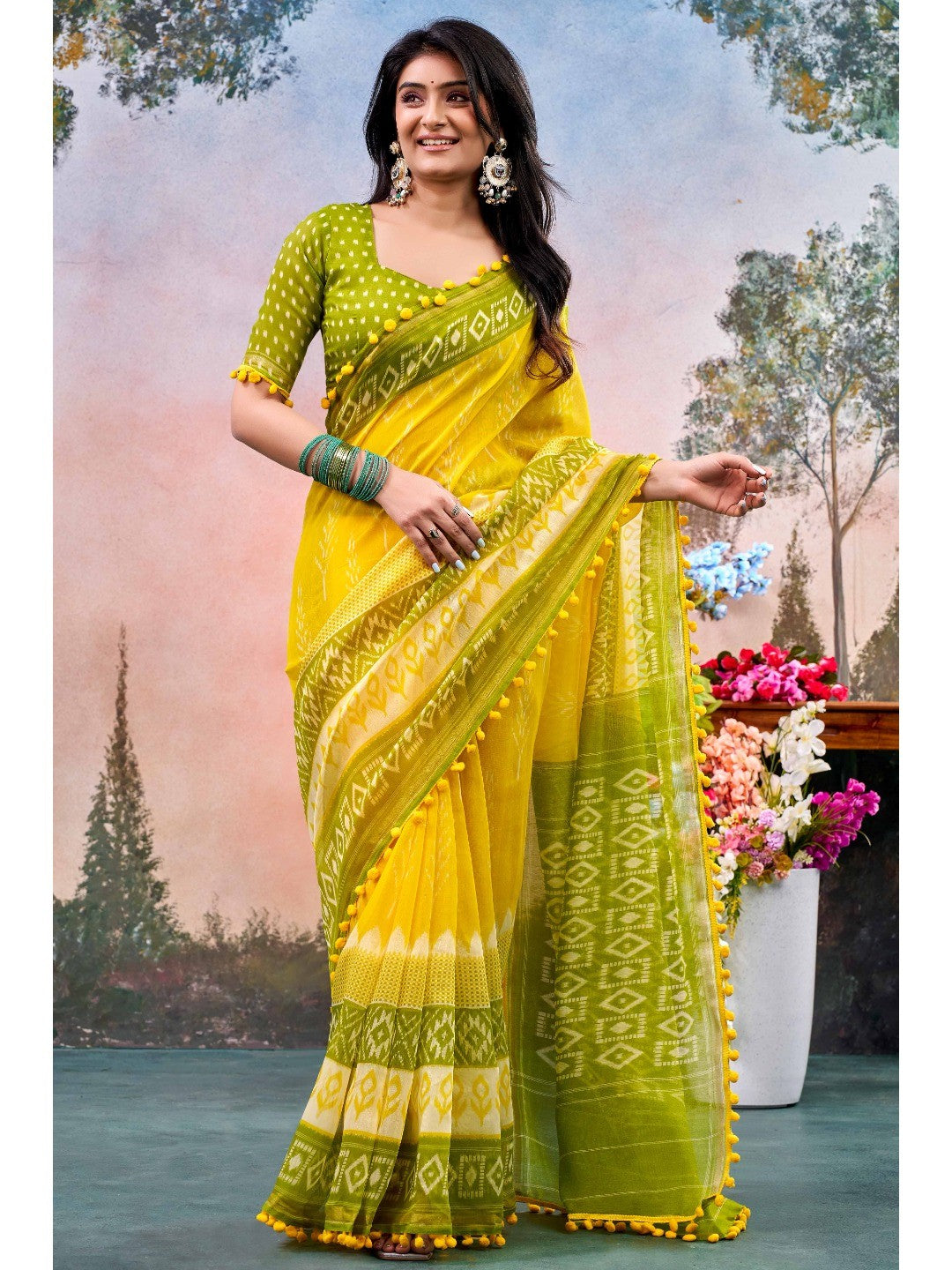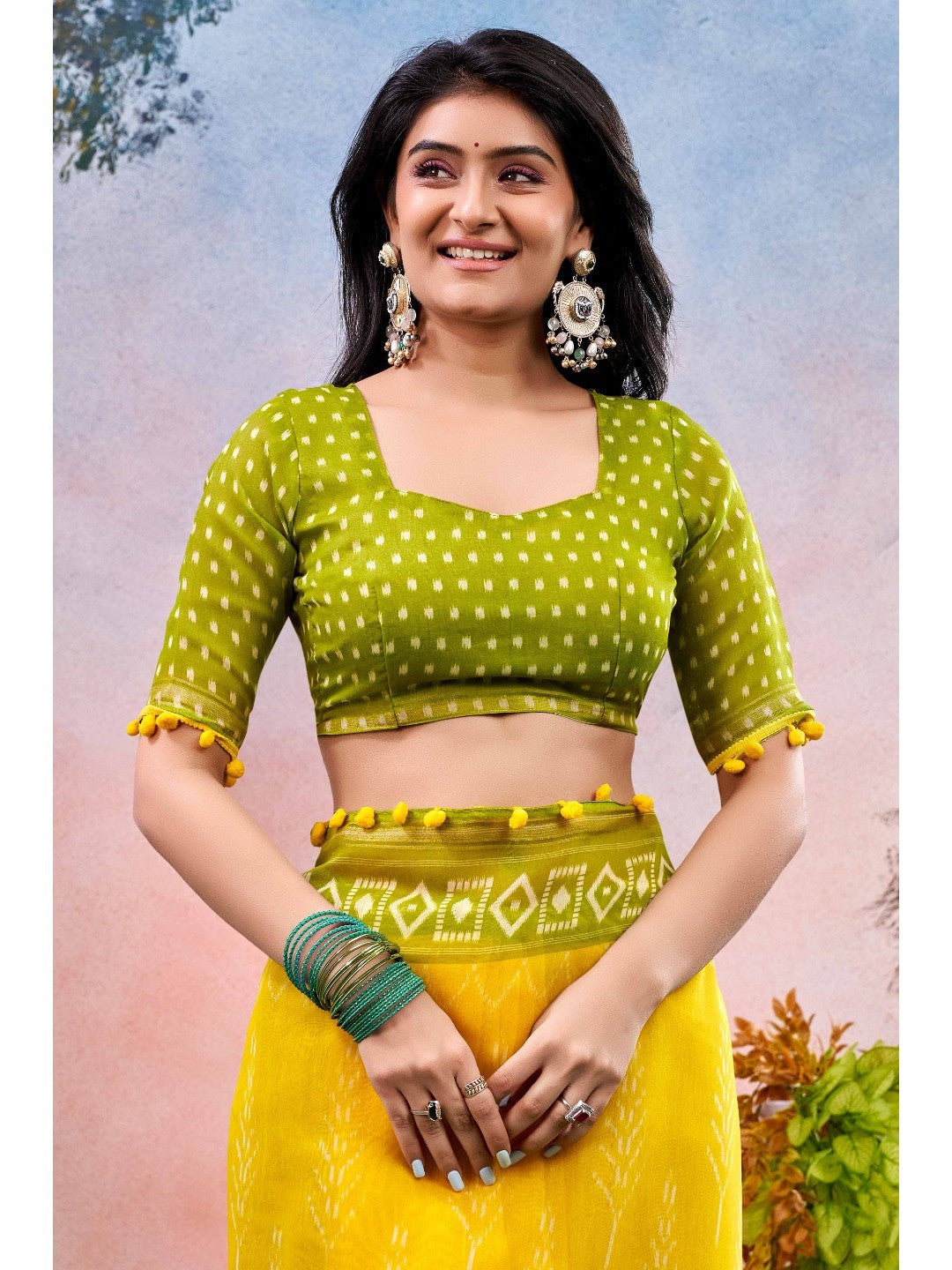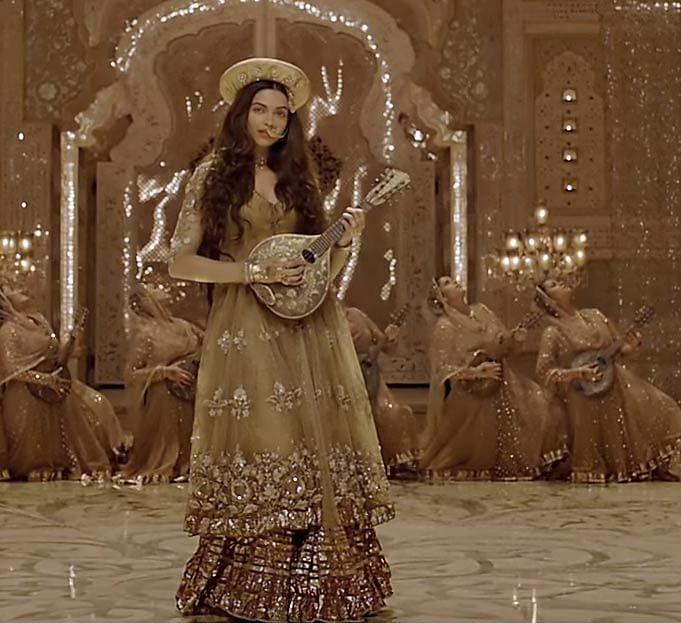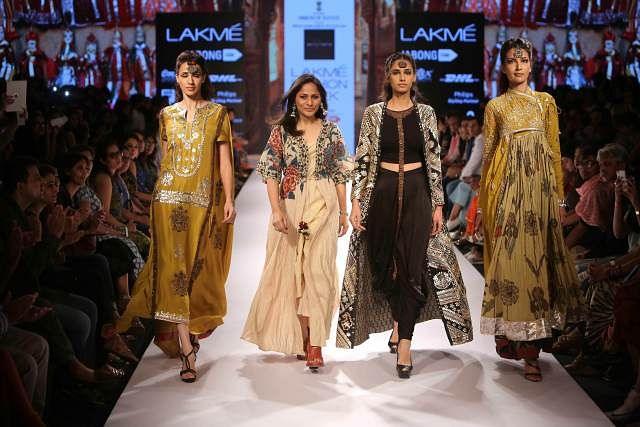India is truly the land of festivals. Right from the beginning of the year to the very end, we Indians make merry as we celebrate various auspicious occasions that are a homage to our rich culture and history. The festival of Pongal is another major South Indian festival celebrated to mark the beginning of the harvest festival in India, much like Sakaranti in Maharashtra or Lohri in Punjab.
The festival of Pongal is a major festivity pertaining to Tamil Nadu and a lot of other states in southern India that is celebrated over a 4 day period in the Month of January. The festival of Pongal is celebrated as people welcome the spring season and the beginning of the end of winter season. This festival is usually celebrated somewhere between January 13 - January 17, and the Pongal day is either January 14 or 15. It is like a thanks giving festival in which people thank Sun God for the good harvest that they received in the past year.
CUSTOMS FOLLOWED DURING PONGAL

People wear their traditional dresses on this day. They decorate their houses with garlands and banana leaves and also make Kolams, which are beautiful drawings with white powder made of rice on their doorsteps. Nowadays, different colours are also used to make it look all the more beautiful and attractive.
Since it is a 4 day celebration, each day has a special custom attached to it.

Day 1- Bogi Pongal
Pongal is a mark of new beginning s and people start that by de-cluttering their houses. they throw out all the old things and replace furniture and other decoratives in the house with brand new ones.
Day 2- Surya Pongal or Perum Pongal
Fresh milk is allowed to boil over a vessel early in the morning which is the literal translation of the word PONGAL. It is considered to be auspicious.
Day 3- Mattu Pongal
People make offerings to cows and buffaloes and they are worshiped as they are used to plough the fields which are the very base of their livelihood.
Day 4- Thiruvalluvar day or Kaanum Pongal
The fourth day of this festival is for treating one another and families usually go out together for picnics. Community dinners are organized as a way of socializing and mingling with one another and gifts are exchanged too.
DRESSING UP FOR PONGAL
Like any other traditional festival, dressing up of Pongal also includes traditional Indian ensembles for both men and women. Men wear traditional Dhoti and Angavastram while women look resplendent in traditional Half Sarees, otherwise known as Pavada Davani.
Irrespective of the fashionable outfits that women flaunt throughout the year, on this festival every South Indian woman prefers to opt for a Pavada Davani over any other outfit. Pavada Davani or Half Saree is a skirt or a Ghagra which is paired with a blouse or Choli and a Dupatta. The Dupatta is draped in a manner similar to the Pallu of a Saree and hence its known as Half Saree.
Peachmode would like to wish its readers a very Happy Pongal . Shop from our huge range of traditional Half Sarees for Pongal and truly celebrate this joyous festival in its true spirit.
India is truly the land of festivals. Right from the beginning of the year to the very end, we Indians make merry as we celebrate various auspicious occasions that are a homage to our rich culture and history. The festival of Pongal is another major South Indian festival celebrated to mark the beginning of the harvest festival in India, much like Sakaranti in Maharashtra or Lohri in Punjab.
The festival of Pongal is a major festivity pertaining to Tamil Nadu and a lot of other states in southern India that is celebrated over a 4 day period in the Month of January. The festival of Pongal is celebrated as people welcome the spring season and the beginning of the end of winter season. This festival is usually celebrated somewhere between January 13 - January 17, and the Pongal day is either January 14 or 15. It is like a thanks giving festival in which people thank Sun God for the good harvest that they received in the past year.
CUSTOMS FOLLOWED DURING PONGAL

People wear their traditional dresses on this day. They decorate their houses with garlands and banana leaves and also make Kolams, which are beautiful drawings with white powder made of rice on their doorsteps. Nowadays, different colours are also used to make it look all the more beautiful and attractive.
Since it is a 4 day celebration, each day has a special custom attached to it.

Day 1- Bogi Pongal
Pongal is a mark of new beginning s and people start that by de-cluttering their houses. they throw out all the old things and replace furniture and other decoratives in the house with brand new ones.
Day 2- Surya Pongal or Perum Pongal
Fresh milk is allowed to boil over a vessel early in the morning which is the literal translation of the word PONGAL. It is considered to be auspicious.
Day 3- Mattu Pongal
People make offerings to cows and buffaloes and they are worshiped as they are used to plough the fields which are the very base of their livelihood.
Day 4- Thiruvalluvar day or Kaanum Pongal
The fourth day of this festival is for treating one another and families usually go out together for picnics. Community dinners are organized as a way of socializing and mingling with one another and gifts are exchanged too.
DRESSING UP FOR PONGAL
Like any other traditional festival, dressing up of Pongal also includes traditional Indian ensembles for both men and women. Men wear traditional Dhoti and Angavastram while women look resplendent in traditional Half Sarees, otherwise known as Pavada Davani.
Irrespective of the fashionable outfits that women flaunt throughout the year, on this festival every South Indian woman prefers to opt for a Pavada Davani over any other outfit. Pavada Davani or Half Saree is a skirt or a Ghagra which is paired with a blouse or Choli and a Dupatta. The Dupatta is draped in a manner similar to the Pallu of a Saree and hence its known as Half Saree.
Peachmode would like to wish its readers a very Happy Pongal . Shop from our huge range of traditional Half Sarees for Pongal and truly celebrate this joyous festival in its true spirit.

